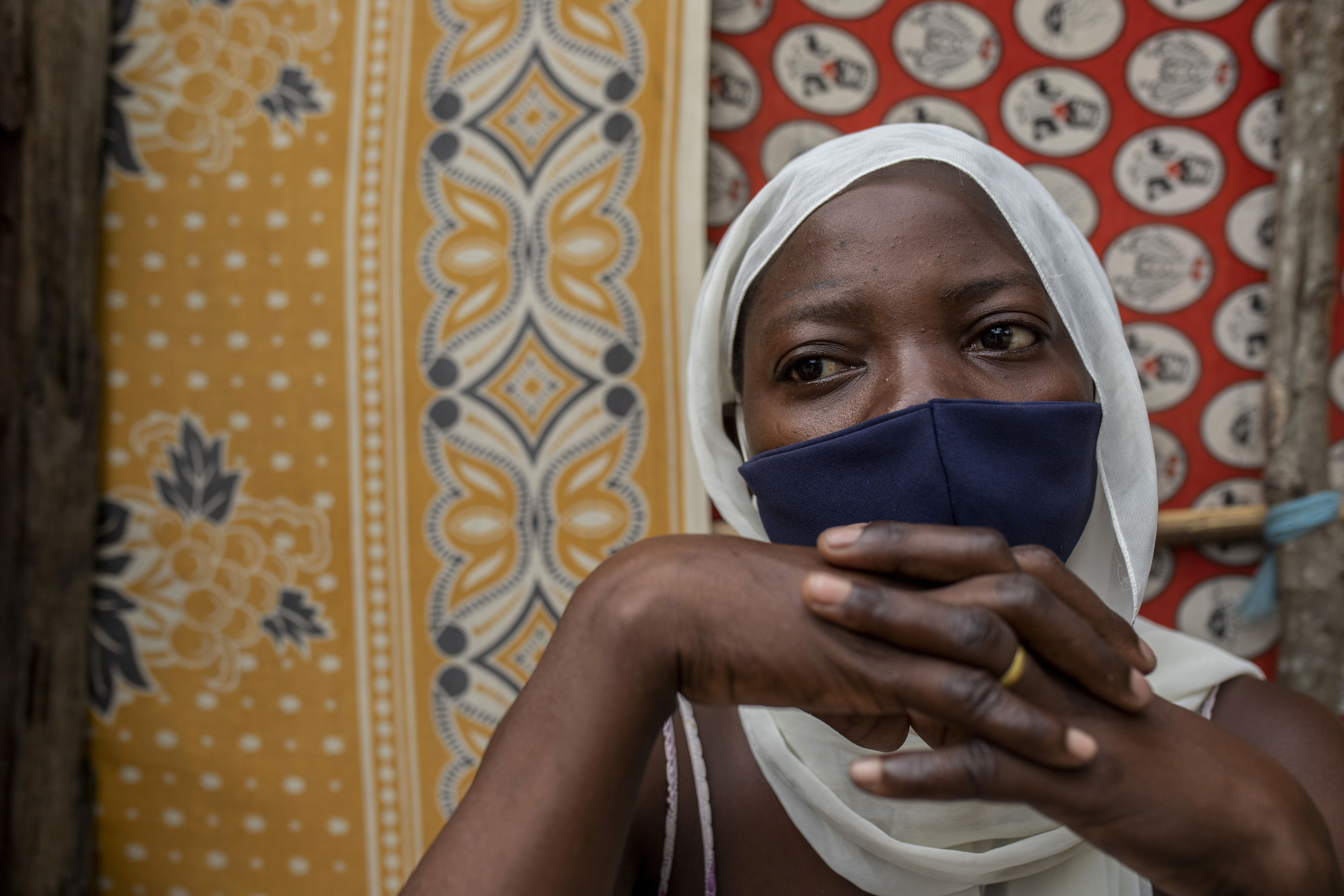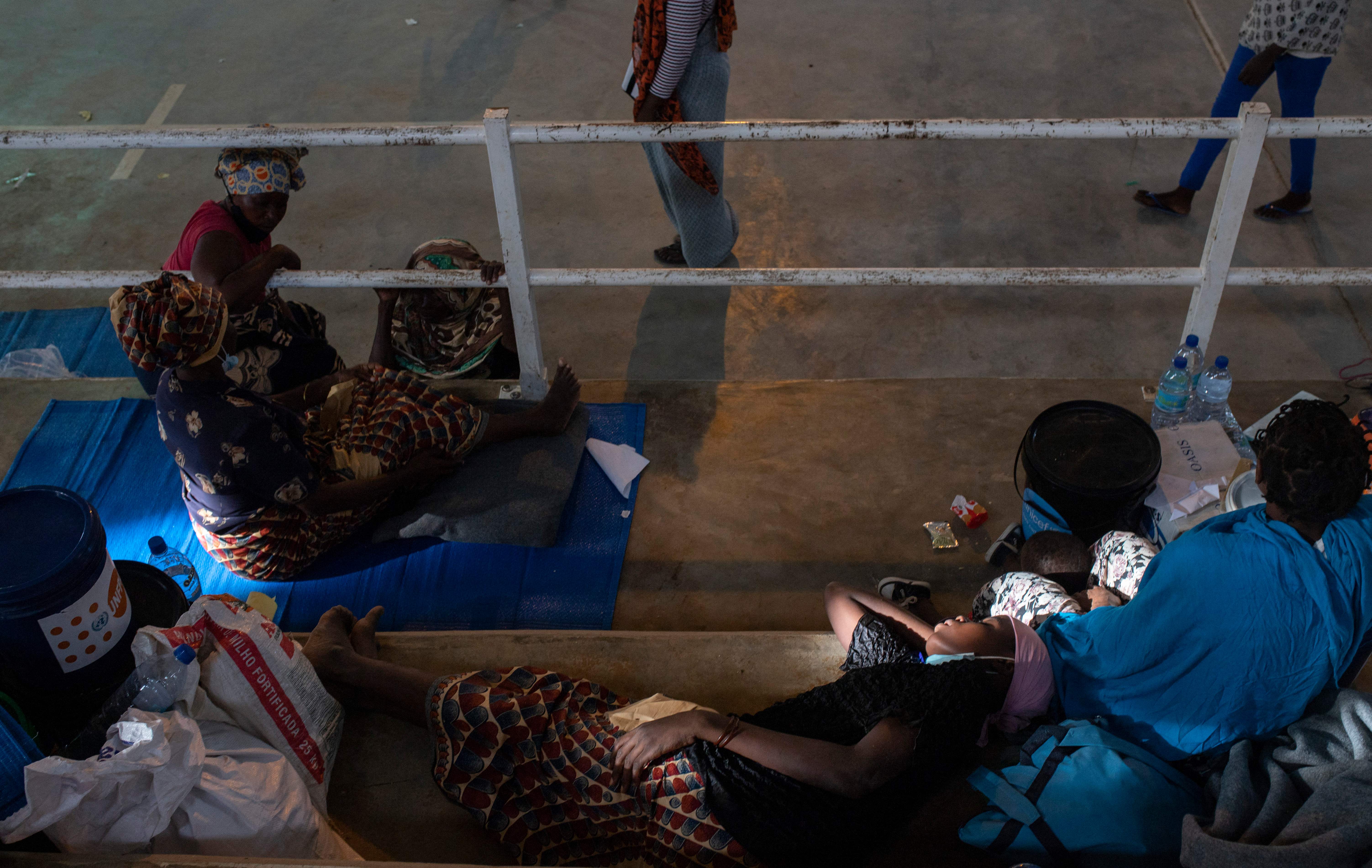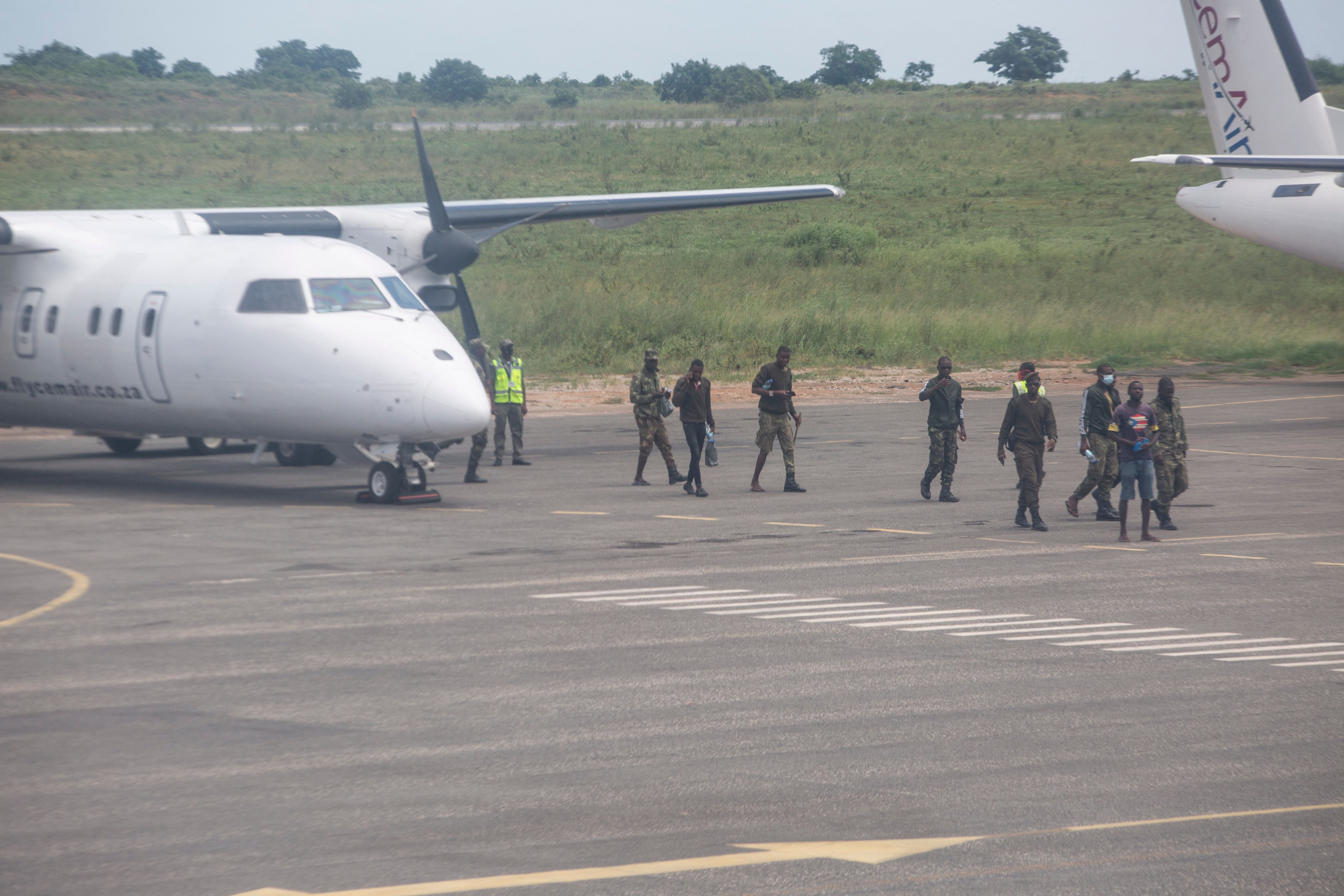Should the UK intervene in Mozambique? If it does, exit strategies will be difficult to find
Jihadist violence in northern Mozambique, in which foreign workers were targeted, with a Briton among those killed, poses a problem for the UK


The attacks were sustained and savage, dozens were killed, children among those beheaded, others shot down, homes and offices burned to the ground, banks looted and barracks of the military ransacked.
The violence in Palma, northern Mozambique, in which foreign workers were targeted, with a Briton among those killed, received widespread international publicity. It is viewed as one more example of rising Islamist extremism in Africa, the new arena for global jihad.
The offensive was carried out by an armed group which started off locally as loosely organised bands – al-Shabaab, or “the youth” – but has grown in size and aspiration, proclaiming adherence to Isis and declaring the aim of establishing a caliphate.
Anthony Blinken and Dominic Raab warned earlier this week that attacks by Isis and its affiliates in Africa had increased by a third in 12 months. The US secretary of state and the British foreign secretary issued a statement with ministers from the “Global Coalition Against Daesh”, calling for an urgent, united strategy to counter the threat.
Jihadist attacks have been taking place with increasing frequency across a swathe of states in Africa. Isis has carried out attacks in Tunisia and Libya. A French-led international force, with British troops under UN auspices, is taking part in a long-running conflict against Islamists in Mali. Al-Shabaab and Boko Haram are engaged in bombings and kidnappings in Somalia and Nigeria, as well as neighbouring countries.

The calls for international help following the offensive in Mozambique has led to some responses. Portugal, the former colonial power, is sending a team to train the country’s special forces. The Special Operations Brigade being set up by the British army may, according to senior officers, deploy to Mozambique, a Commonwealth member. The European Union is also said to be considering sending troops there.
The insurgency in Mozambique’s Cabo Delgado province is not, however, new. It has been going on since 2017 with rising strife. “Islamic State’s Central Africa Province” (Iscap) claimed credit for two massacres last year: 52 killed in Xitaxi in April and 50 more beheaded in a string of villages in November.
Foreign forces are already present in the area with private security companies – the Russian Wagner Group and South African companies, the Dyck Advisory Group (DAG) and Paramount – contracted to the Maputo government. The US Green Berets have recently begun training Mozambique marines.
All that, however, failed to stop the insurgency. Wagner, viewed as a privatised arm of Moscow’s geopolitical strategy, with extensive experience of combat in Syria and Libya, has had to re-evaluate its strategy after a series of reverses inflicted by Iscap fighters.
The future role of some of the security companies remains unclear. DAG, according to reports, may stop operating in the country. Max Dyck, an executive of the company and the son of its founder, told the Daily Maverick newspaper in South Africa that its contract was not being renewed. DAG helicopters airlifted “several hundred” people out of the town of Palma when it came under attack.
Dyck’s view was that the Maputo government may have been influenced by a recent Amnesty International report of carrying out indiscriminate shooting from air while pursuing insurgents. But the same report was much more critical of the Islamists and, according to other accounts, the company was still negotiating its contract and may well be joining forces with the multinational security company, Gardaworld.
The Palma assault was the biggest by the Islamists in four years and posed a direct threat to natural resources, which are supposed to pave the way to a brighter economic future for Mozambique. Liquified Natural Gas (LNG) projects involving major energy companies like Total, Exxon, Mobil, Chevron and BP, as well as Mitsui of Japan, Petronas of Malaysia and China’s CNPC, are located in Cabo Delgado.

The Total project alone is estimated to be worth $60bn (£44bn) with international investment including from the UK. What happens to it will play a key part in whether the aspiration of Mozambique to become one of the top 10 global LNG producers comes near fulfilment.
The revenue from LNG would be a huge boon for one of the most indebted countries in the world. The deep pockets of the ruling hierarchy and their friends in business would be filled, say the government’s many critics, but the wider public would benefit as well through the sheer size of revenues.
One particular financial issue has been especially problematic for the government: a $2bn secret deal on weapons and fishing boats in 2013 with purchases from France, Germany and Israel and involving Swiss and Russian banks. The illegality in the transaction resulted in the IMF and foreign donors cutting off support at the time, triggering a currency collapse and leaving the country defaulting on its sovereign debt. It is still struggling to overcome the resultant crisis.
The current upsurge in violence has put the anticipated LNG bonanza at risk. Total withdrew its staff when insurgents came close to overrunning its plant on New Year’s Eve. It only agreed to return after Mozambique’s president, Filipe Nyusi, personally guaranteed that there would be a security cordon of 25km around the complex.
Following last week’s attack on Palma, situated well within the cordon, Total announced that its work has again been suspended and will remain so until there is a properly enforced security guarantee.
On Friday, the company shut down the plant’s generators and withdrew all staff. At the same time, Islamist fighters were attempting to encircle the complex and the surrounding area while three boats they had hijacked appeared off the coast.
Read more:
While lying atop the LNG treasure trove, Cabo Delgado remains one of the poorest regions of Mozambique and a place of deep inequalities. Criminal networks with connections to Maputo’s political and commercial elite have been using the coastline to smuggle rubies, heroin and other contraband with impunity. While the gangs become awash with illicit money, the locals gain little. They witness the complicity between the gangs and officials, with those attempting to carry out their own smuggling outside of the cartels facing harsh treatment and heavy prison sentences.
At the same time, there has been little investment by either the local or central administration in jobs and education. The growing sense of resentment in the population, especially young men, began to be exploited, say local people, by hardline Salafist Muslim preachers – Somalis, Kenyans, Tanzanians and Congolese – who began to appear in the region in increasing numbers.
It still took a number of years for the indoctrination to translate into the formation of Islamist militias, village elders and community leaders point out, with officials turning a deaf ear to their warnings, and losing vital time to take action.
Time is again a key factor in what is now unfolding. It will take western states at least two years to train and arm effective forces in Mozambique to take on the Islamists. The quick impact answer would be to put boots on the ground for a short term. But as Iraq and Afghanistan have shown, “mission creep” is a very real pitfall in these conflicts with exit strategies difficult to find.
Join our commenting forum
Join thought-provoking conversations, follow other Independent readers and see their replies
Comments